


Mathematical tool aims to minimize total capital and operating costs while ensuring robust performance in the face of instabilities in the supply of renewable energy, since the sun and wind are intermittent sources.

Mathematical tool aims to minimize total capital and operating costs while ensuring robust performance in the face of instabilities in the supply of renewable energy, since the sun and wind are intermittent sources.
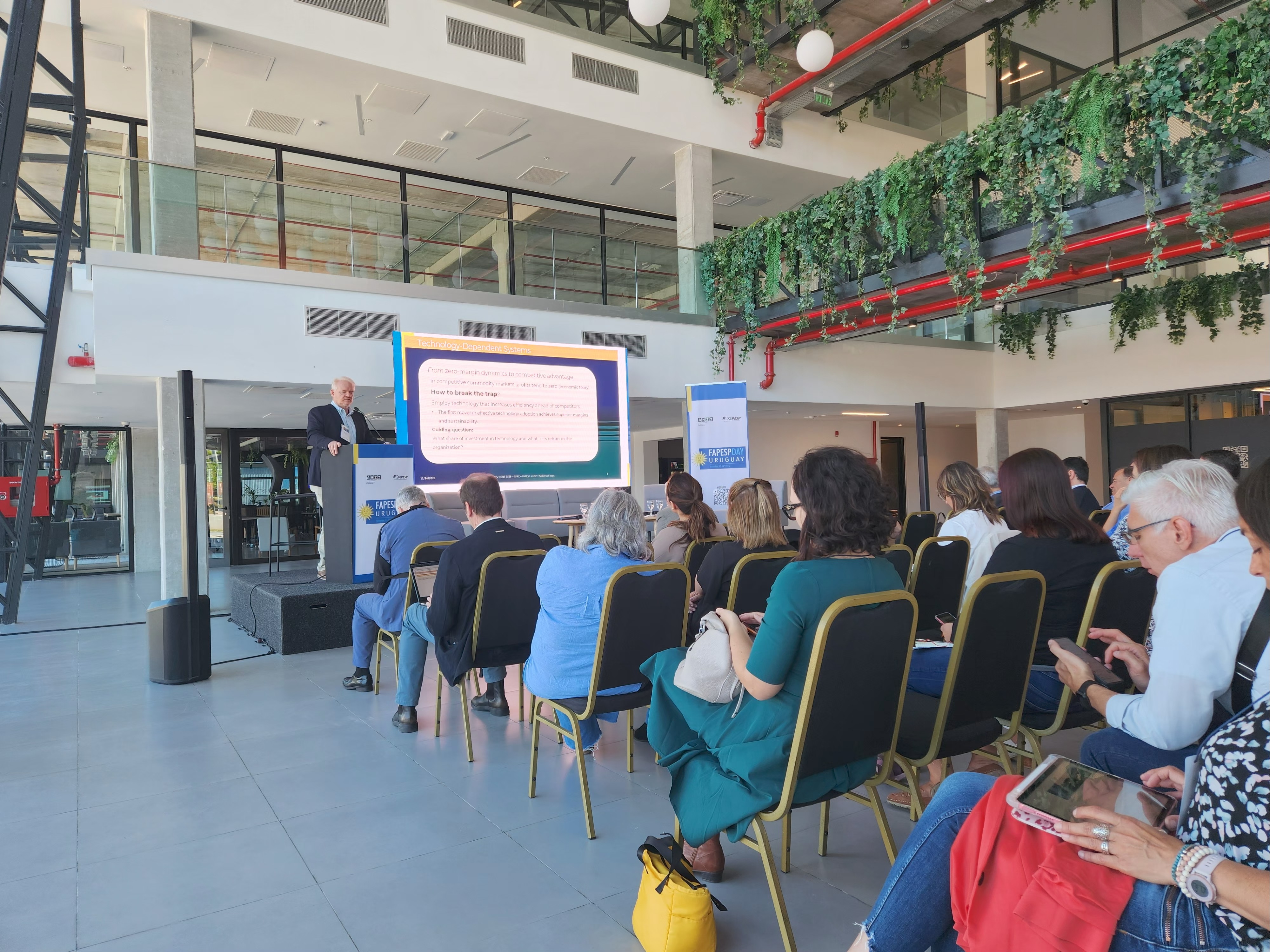
Professor Sérgio de Zen presented the project during the FAPESP Day Uruguay symposium. An investment of USD 20 million over five years is planned.

Professor Sérgio de Zen presented the project during the FAPESP Day Uruguay symposium. An investment of USD 20 million over five years is planned.
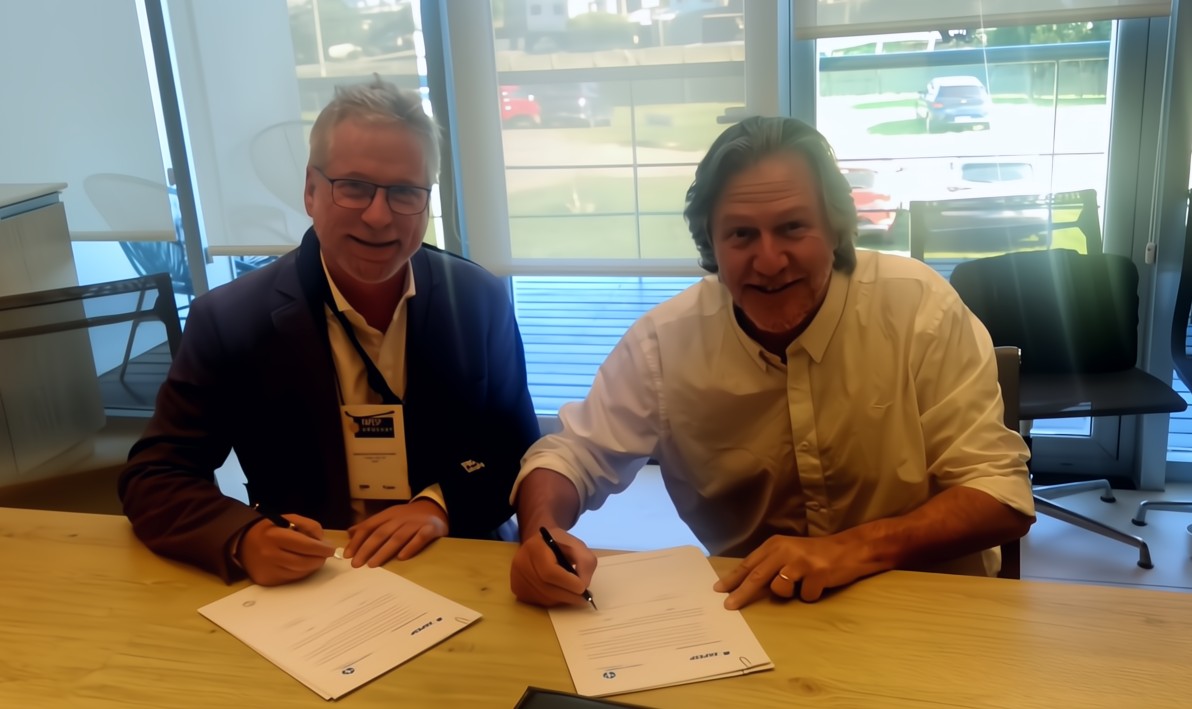
One of the main objectives is to encourage collaboration between researchers from the Uruguayan institution and their counterparts at the Pasteur Institute of São Paulo.

One of the main objectives is to encourage collaboration between researchers from the Uruguayan institution and their counterparts at the Pasteur Institute of São Paulo.

Coastal ecosystems are being affected by the rising sea level associated with the expansion of real estate development; Marine scientist Omar Defeo, a professor at Uruguay’s University of the Republic, addressed this topic during the FAPESP Day Uruguay symposium.
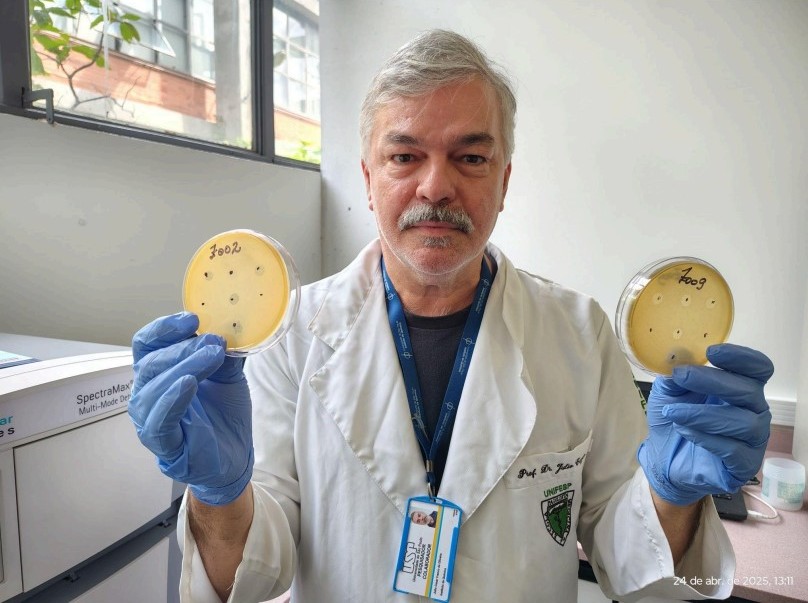
Bacteriophages, or phages for short, can kill bacteria and may be used to combat hospital infections and food contamination.

A group from the Federal University of the ABC tested the substance on rats and obtained positive results. The group is now seeking partnerships with pharmaceutical companies to conduct clinical trials.

An analysis of 70 plastic children’s products sold in Brazil revealed chemical contamination in most samples, with levels up to 15 times higher than permitted. Barium, lead, chromium, and antimony were the most commonly found toxic elements.
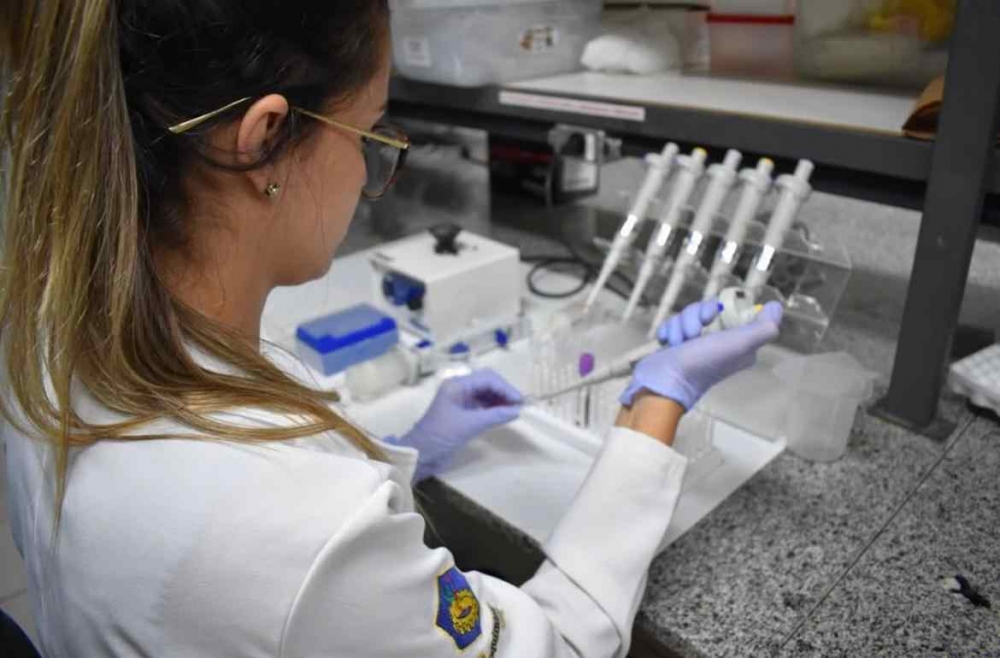
The formulation seeks to block the transmission of canine visceral leishmaniasis in order to protect both animals and humans.
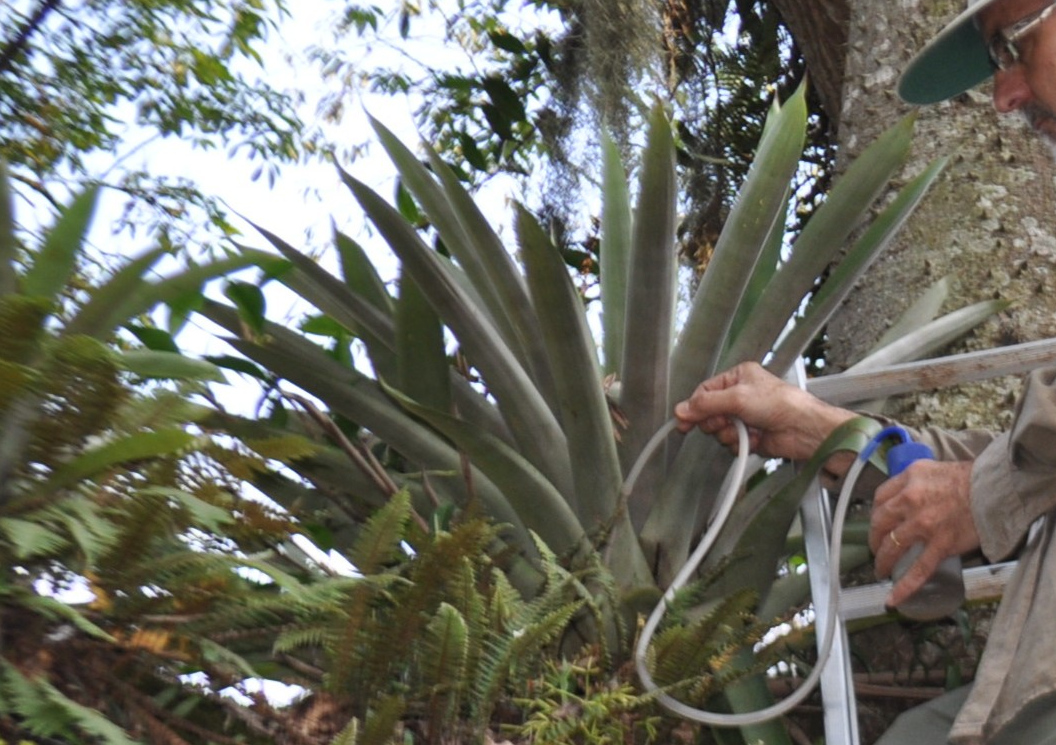
Results from a study conducted in a natural area in the municipality of São Paulo (Brazil) may help estimate the effects of climate change on disease transmission risk in the biome.
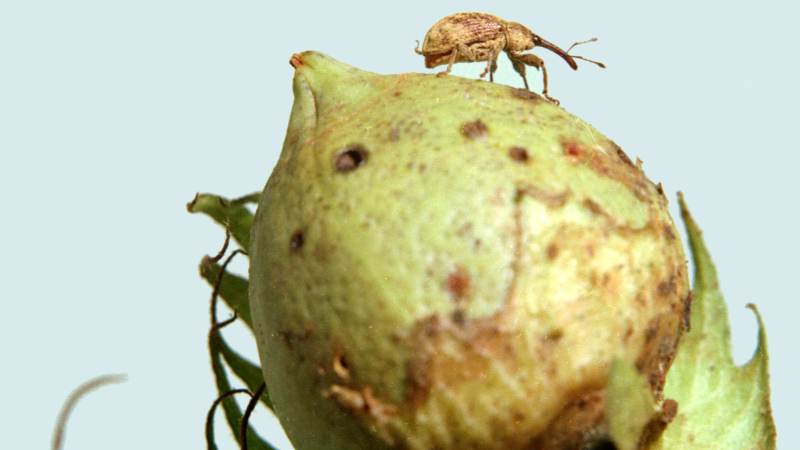
Researchers revisit advances in generating genetically modified plants that prevent bedbugs, beetles, weevils, and woodworms from digesting starch.
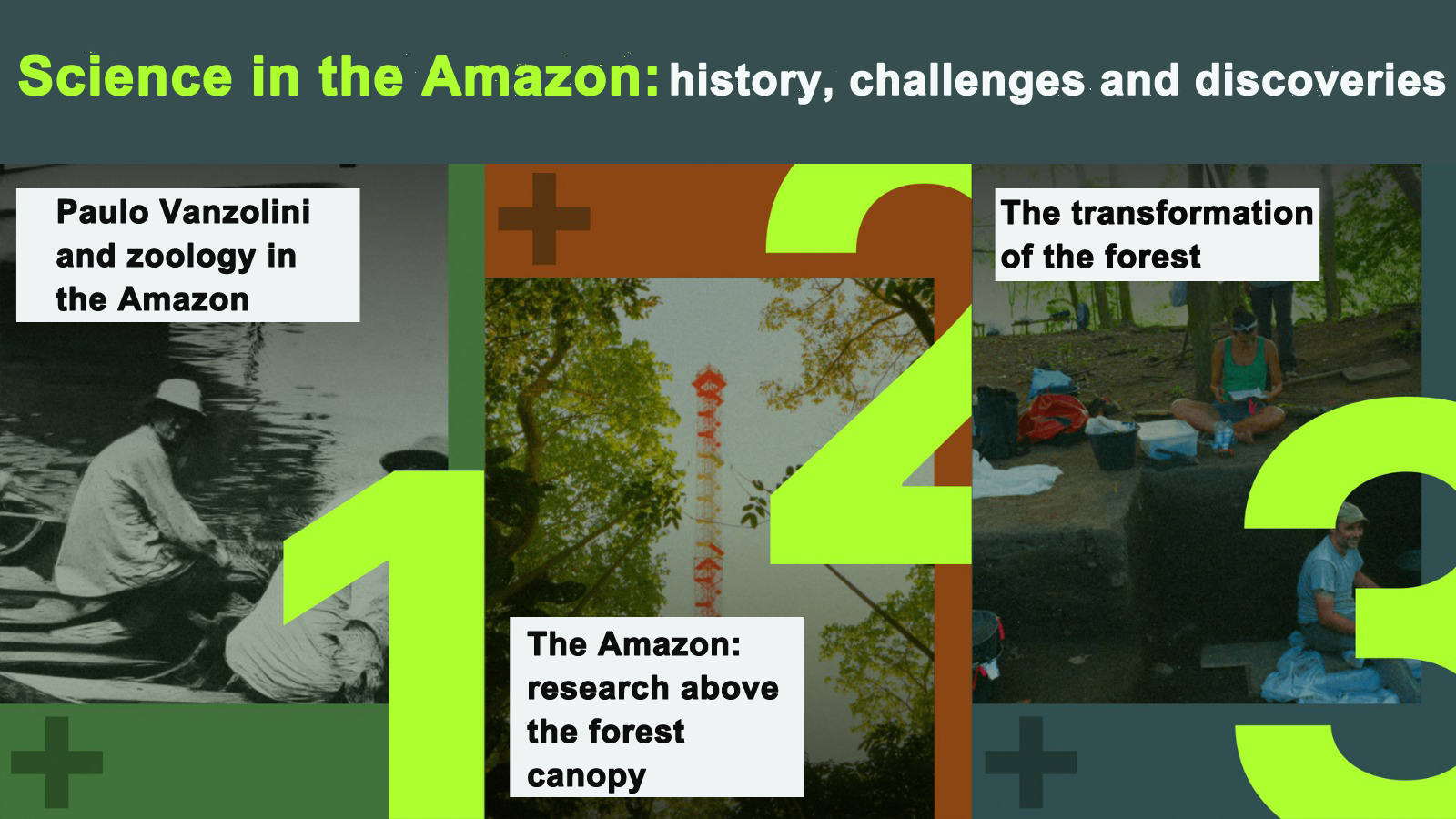
The initiative brings together documents, photos, and interviews with scientists who, since 1962, have advanced knowledge on topics including biodiversity, climate change, and traditional communities through their research.
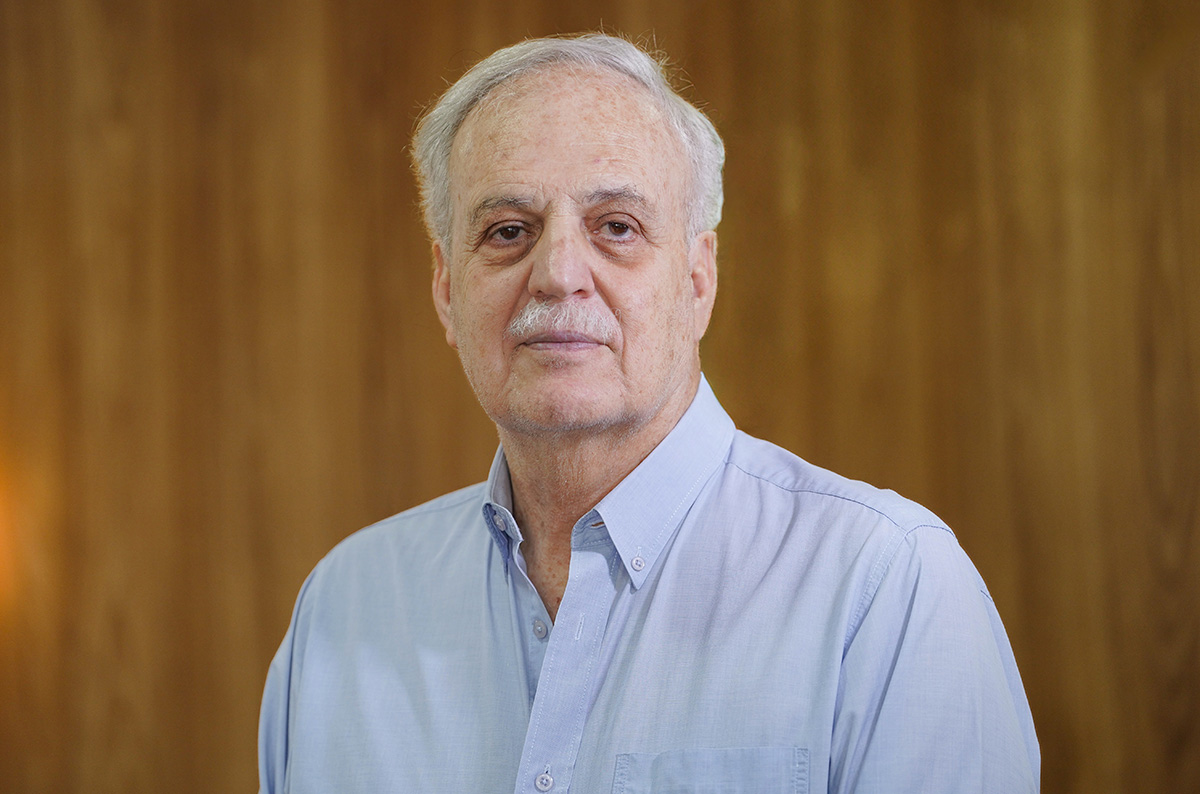
The climate scientist was the first scientific coordinator of the Large-Scale Biosphere-Atmosphere Experiment in the Amazon (LBA).
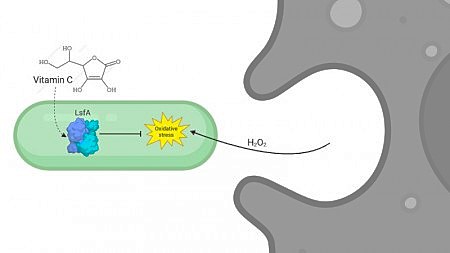
Findings contribute to the search for new targets against hospital infections.
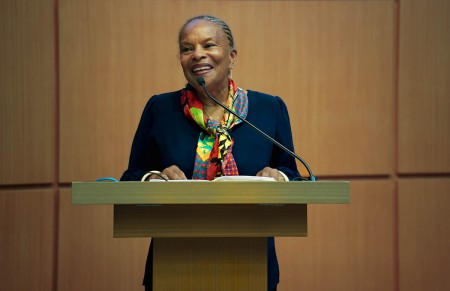
With COP30 in Belém approaching, the ideas of the former French Minister of Justice are gaining momentum, inviting us to rethink multilateralism and the structure of the institutions that shape the world.

A three-year study of 77 people showed that analyzing myocardial deformation during contraction can predict the risk of death.
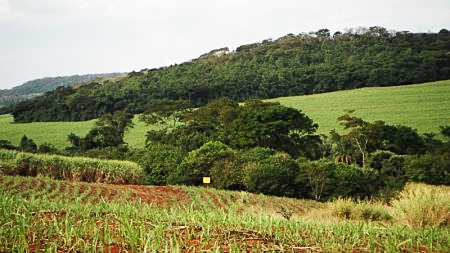
The research used network theory to analyze the ecological connectivity of 28 areas in the northwest of the state of São Paulo, Brazil.
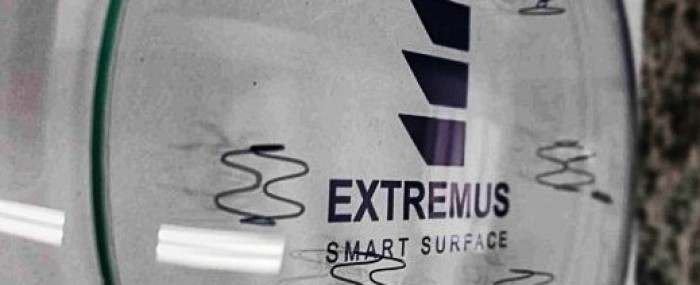
Technology created by a startup supported by FAPESP accelerates patient recovery and improves biological integration.
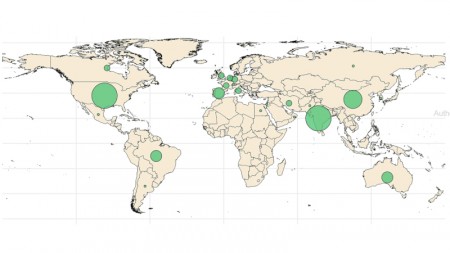
Regions most vulnerable to climate change and environmental degradation produce the least local knowledge on the subject.
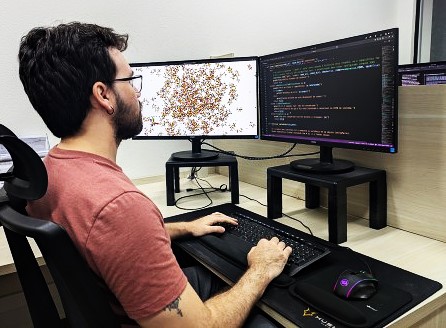
The study investigated compounds that can be used as electrolytes in sodium-ion devices. Sodium is an abundant and widely distributed element. The equipment shows great promise for storing surplus energy from solar and wind farms.
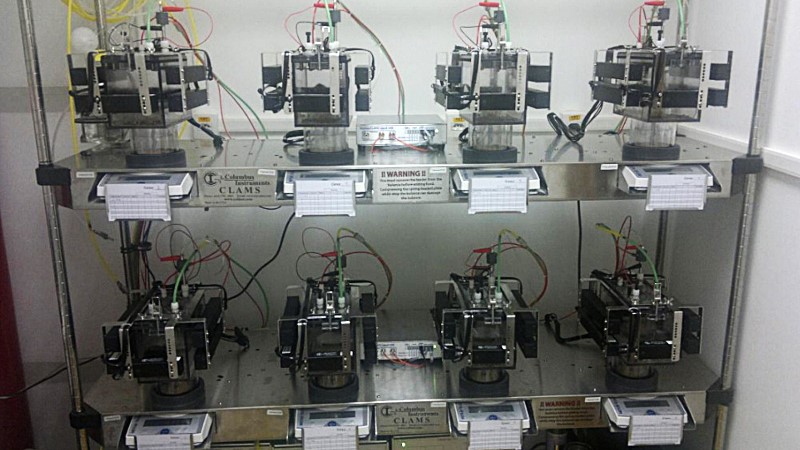
Standardization opens up possibilities for developing preclinical trials of new drug classes that focus on calorie burning.

At least 35 individuals of the endangered Lear's macaw have been killed by electrocution in the semi-arid region of Bahia, Brazil, in 2025. Replacing 10% of the riskiest poles could prevent 80% of these deaths.
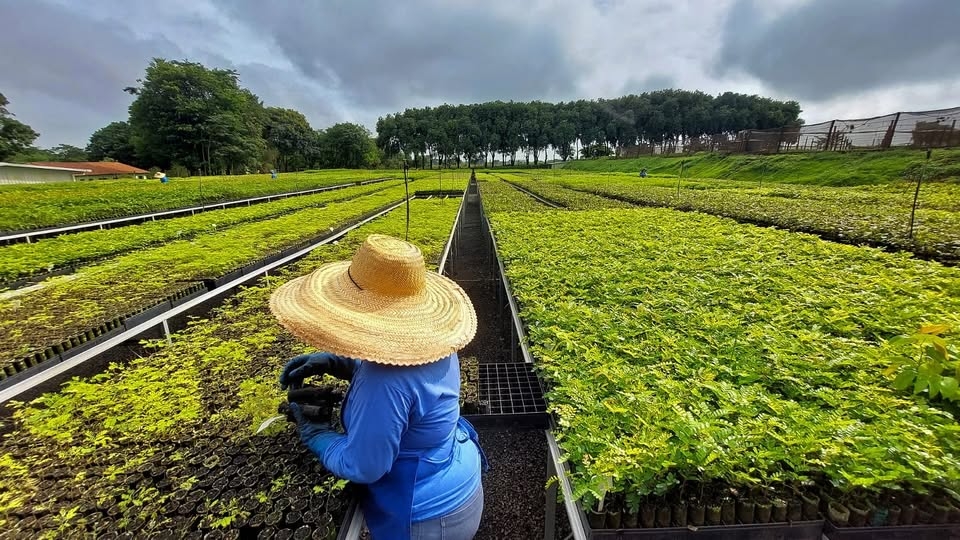
One way Re.green compensates its investors is by selling carbon credits sequestered by restored areas. The calculation methodology is based on the results of a project supported by FAPESP.